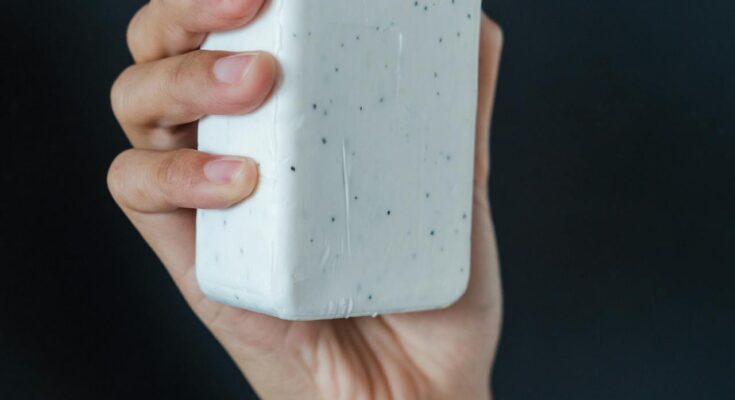Antibacterial and regular soap: Is one better than another? Antibacterial soaps have gained popularity as household, school, and healthcare disinfectants, claiming to be more effective than regular soap in killing germs. But, what does antibacterial mean, and could we need it as part of our daily approach? Let’s discuss the science and practicality of going antibacterial.
What Makes Soap Antibacterial?
Antibacterial soaps are those that contain chemical agents aimed at killing or stopping the growth of bacteria. Some commonly used active ingredients are:
- Triclosan: a commonly used antibacterial and antifungal agent.
- Benzalkonium chloride: a frequent ingredient in hand sanitizers and surface disinfectants.
- Chloroxylenol (PCMX): one found commonly in healthcare soaps and products.
- These agents are meant to arrest the bacteria caught on the skin, thus reducing the risk of infection and transmission of germs. However, the effectiveness and safety of these ingredients have raised doubts in recent years.
How Does Regular Soap Work?
Regular soap removes dirt, oils, and microbes from the surface of the skin by mechanical action. This is done by emulsifying grease and bacteria so that they can be washed away when used with water. While it doesn’t kill bacteria like an antibacterial soap, it is effective at lowering bacteria counts to an acceptable level.
Antibacterial Soap: When Is It Appropriate?
- Some suggested uses:
- Healthcare Settings: Antibacterial soap may be useful in hospitals and clinics for infection control.
- Specific Conditions: People suffering from particular conditions or caretakers coming close to a sick individual could find antibacterial soap to their advantage.
- Everyday Use:
- For most people, soap itself is good enough. No need for antibacterial products, with excessive use being minus point.
The Antibacterial Soap Conflict:
1.Possible dangers:
Antimicrobial Resistance Development: Overuse of antibacterial products has been linked to antibiotic-resistant bacteria.
Irritation: The active ingredient of many antibacterial soaps, triclosan, could dry or irritate your skin.
2.Toward the regulatory action:
In 2016, the FDA issued a final rule prohibiting certain antibacterial agents, such as triclosan, from being used in over-the-counter soaps for a lack of evidence that they were more effective than regular soap.
3.Environmental Impact:
Antibacterials can remain in surface waters and, as a result, influence aquatic life.
Some pointers for selecting soap based on individual purposes are as follows:
- Routine Use: Use a mild general-purpose soap for washing hands and bathing. It is effective, safe, and widely available.
- Sensitive Skin: If your skin tends to dry out or irritate, use fragrance-free moisturizing soaps.
- Special Instances: Use antibacterial soap only when recommended by your health care provider.
Conclusion: Is Antibacterial Soap Worth It?
For most people, regular soap should serve as well as antibacterial types in diminishing dangerous germs and keeping the hands clean. Antibacterial soap may find its use in some situations, but it is not a necessity in day-to-day life. Proper hand washing method—scrubbing with soap and water for a duration of at least 20 seconds would be prudent and remedy the risk of appending any uninvited germs into daily exercise.
Knowing the distinction between a regular soap bar and an antibacterial soap will help you make personal informed decisions regarding yourself and your family, weighing safety, efficacy, and responsibility toward the environment.

